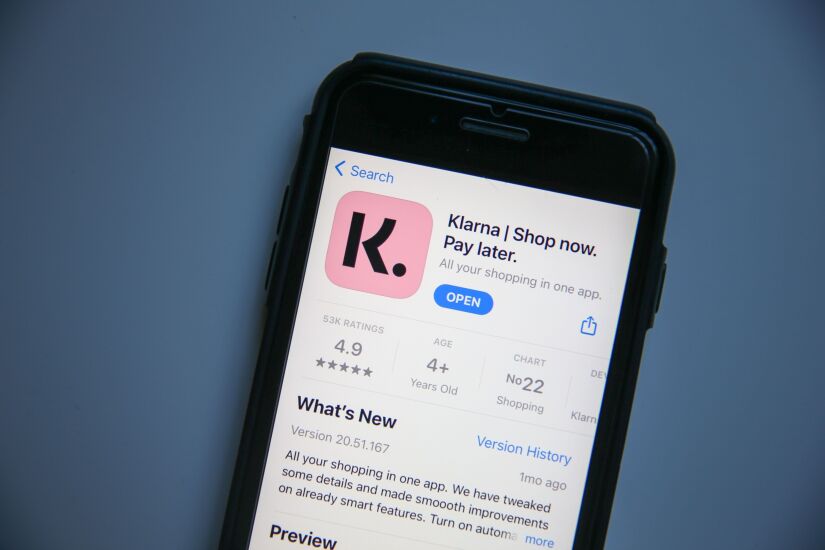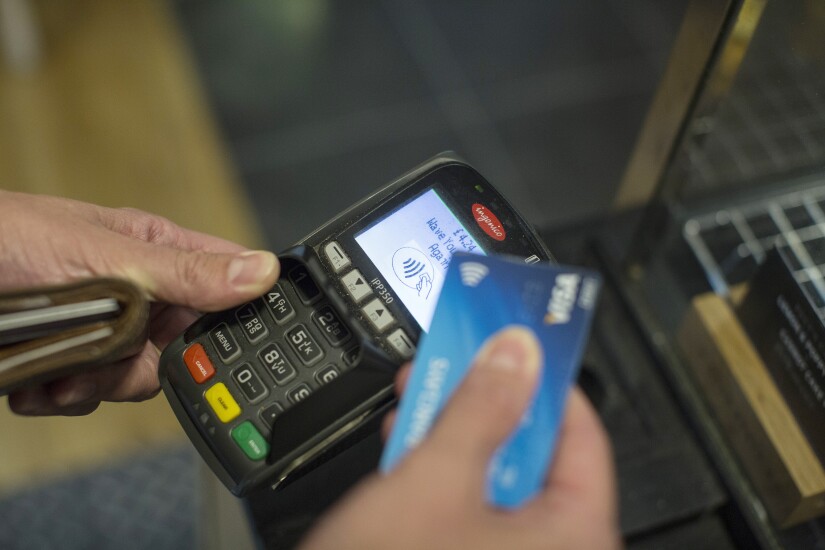Klarna, a pioneer in the buy now/pay later market, hasn't been profitable in about five years, and it reported a $1 billion loss for 2022. But there are some signs of better days ahead for the Swedish payment company and its peers.
The BNPL industry in general
"We are making concrete progress towards profitability," said Sebastian Siemiatkowski, co-founder and CEO of Klarna, in a letter that accompanied
The company's earnings report could have been a snapshot of the BNPL industry at large. Klarna reported substantial growth, impressive progress, product diversification, and confident outlook — but there was also a copious amount of red ink, as 2022's $1 billion loss sits on top of the $680 million loss it reported in 2021.
A key challenge for BNPL providers will be tweaking business models to adjust to rising interest rates, said Andrew Edem, the Germany-based head of innovation at U.K.-based digital payments provider PPRO, which has been tracking BNPL firms' strategies globally. "If you've concentrated heavily on zero-interest financing and charging the merchant for it, you may need to find a different business model going forward because there are only so many knobs the merchant can turn. Ultimately, you're going to have to raise interest rates or tighten underwriting, which will hurt volume," Edem said.
Here is a look at how some of the market's best-known companies are attempting to make 2023 a better year — and how some of the past year's challenges haven't entirely gone away.












